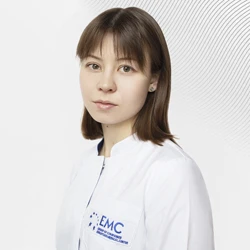Amputation
Rehabilitation in the early postoperative period
Walking training
Prosthetic manufacturing
Self-service training and environmental adaptation
Psychological support
We provide comprehensive care to patients who have undergone amputation surgery.:
- we provide qualified postoperative care
- we help you choose and order the manufacture of individual prostheses
- we provide rehabilitation treatment and teach life with a prosthesis
Amputation is a surgical operation that removes the entire limb or part of it. The operation is performed when there is an immediate threat to the patient's life.
Amputation is most often caused by:
- severe aerobic infections,
- complications of diabetes mellitus, injuries in which there is no chance of limb recovery (a triad that includes damage to two thirds of the soft tissues of the limb, damage to large neurovascular bundles, and bone damage).
Amputation can also be traumatic in nature, when a limb is torn off during a high-energy injury.
Amputation is a physically and psychologically difficult operation. Amputation of a limb used to be associated with loss of working capacity and the cessation of a full-fledged life in the family and society. However, modern achievements in the field of medical rehabilitation have changed the usual picture, and today a person who has undergone amputation has every chance to return to the most active lifestyle.
Rehabilitation in the early postoperative period
One of the main tasks in the early stages after surgery is to prepare the operated limb for prosthetics — the formation of a stump. This is the most important stage that determines the timing and success of further prosthetics. We are ready to receive patients after surgery as soon as possible, to provide full-fledged wound care and all necessary manipulations for the correct formation of the stump.
The term of transfer to the rehabilitation center is determined jointly by the attending surgeon and the rehabilitologist. If the patient's general condition is stable, transfer is possible for 3-4 days after surgery.
At an early stage after amputation, it is important to properly care for the suture, prevent infectious complications, and relieve pain. It is also necessary to maintain the mobility of the joints of the limb from the first day, gently stretch and train the muscles in order to avoid the development of contractures (stiffness) — the most common complication at the postoperative stage. To solve this problem, lymphatic drainage massage, stretching, applied kinesiotherapy techniques, as well as exercises individually selected by the instructor are most effective.
Walking training
A multidisciplinary rehabilitation team has been working with the patient since the first day of his stay at our center. We pay equal attention to the physical, psychological and social aspects of rehabilitation.
One of the main objectives of the rehabilitation program is to stop bed rest as soon as possible. The center has a unique set of equipment that has no analogues in Russia, allowing you to start active rehabilitation techniques and walking training within a few days after admission.
Prosthetic manufacturing
The selection of a prosthesis usually begins a few weeks after the operation. Thanks to cooperation with the world's largest manufacturers, we offer our patients the latest generation of prostheses developed by the world's best bioengineering laboratories.
Individual work with the patient allows you to select and manufacture a permanent prosthesis at once, eliminating the need to wear a temporary prosthesis. After the installation of the prosthesis, a course of therapeutic gymnastics is conducted, aimed at building the correct combined biomechanics, taking into account the installed prosthesis.
Classes are conducted using unique high-tech rehabilitation equipment that allows you to work out the correct gait pattern from the very beginning with a gradual increase in axial load (Anti-Gravity Treadmill treadmill, Vector Bioness body support system). The simulators are equipped with a biofeedback system that helps patients see and control their movements.
Self-service training and environmental adaptation
To effectively restore everyday and social skills, training sessions are conducted in conditions as close as possible to the patient's real life environment. We collect detailed information about the patient's home/apartment (elevator, stairs, thresholds, railings, etc.) in order to prepare the patient as much as possible for staying at home. If necessary, the center's specialists travel to the patient's home to conduct on-site training.
If the patient's habitual environment (house, apartment) requires changes, we make recommendations for remodeling the room taking into account the patient's needs.
Psychological support
A psychologist, occupational therapist, and social worker are constantly working with the patient. One of the most important tasks of rehabilitation is to restore the patient's motivation and help him return to an active and fulfilling life.
Make an appointment for a consultation and we will contact you for more details
Why the EMC
The first and only clinic in Russia, created in the image of the world's leading clinics
EMC is a multidisciplinary center offering patients a high level of medical services and a personalized approach
600
world-renowned doctors
57
treatment directions
36
years take care of your health
24/7
we work at any convenient time
Worldwide recognition and awards
Our achievements have been confirmed by prestigious international awards
 Learn more
Learn more
Worldwide recognition and awards
We work according to international standards, we have licenses and certificates
 Certificates and licenses
Certificates and licenses
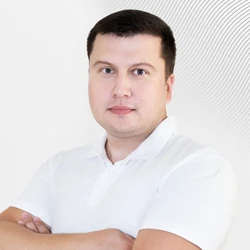

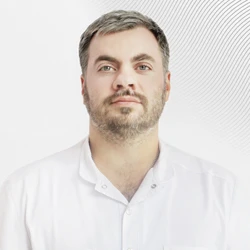

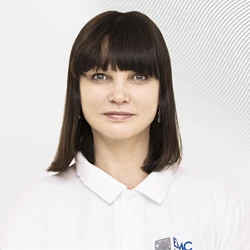

.webp)
.webp)
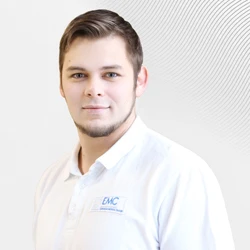
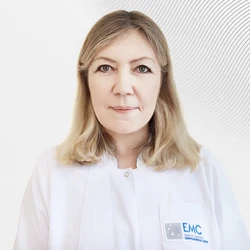
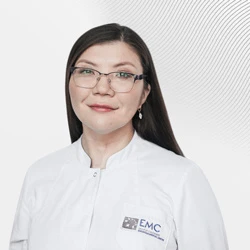
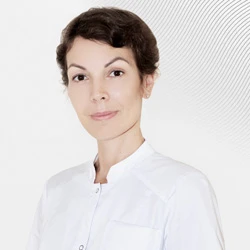

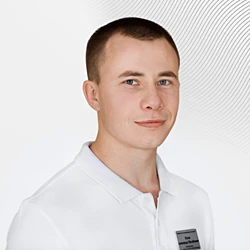
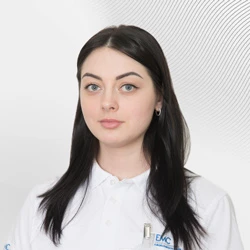
.webp)
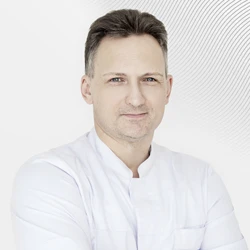
.webp)
